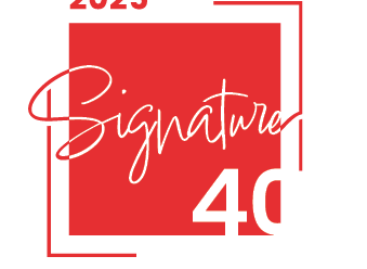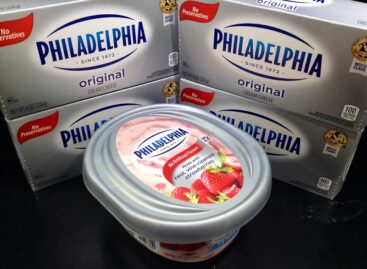Does Kellogg’s CEO think the poor should only eat muesli for dinner?
“Muesli for dinner is currently very trendy, and we expect it to become even more popular in the future, as consumers are under pressure,” said Gary Pilnick, the CEO of the American cereal manufacturer WK Kellogg Co. This statement raised eyebrows, especially considering Pilnick reportedly earns a million dollars annually without extra perks, as highlighted by internet users responding to the Guardian’s recent coverage.

Pilnick was interviewed on CNBC’s Squawk on the Street last Wednesday, where he was questioned about his earlier remarks regarding muesli. Initially, the discussion seemed unremarkable as Pilnick talked about the affordability of muesli, a go-to option for consumers when tightening their belts.
However, he went on to emphasize that they are doing everything to reach people, including the message that having muesli for dinner is much cheaper than anything else. Pilnick suggested that even for those finding muesli expensive, they are introducing smaller, more budget-friendly options. He claimed that a bowl of muesli with milk or fruit costs less than a dollar, making it an attractive choice.
When the CNBC host expressed skepticism about people positively embracing the idea of having muesli for dinner, Pilnick insisted that, according to their data, more than 25% of consumers do not eat muesli for breakfast. A significant portion of this segment opts for muesli at dinner. Pilnick added with a smile that struggling consumers will find muesli a great choice in the future. Another host acknowledged that marketing seems effective, citing personal instances of consuming muesli due to a busy schedule, although not addressing the affordability aspect.
Online reactions were less forgiving. Some drew parallels with Marie Antoinette’s (though never actually said) quote, “if they have no bread, let them eat cake,” while others pointed out Pilnick’s apparent detachment from financial concerns, given his reported $5 million income last year.
It’s worth noting that Kellogg’s muesli is not known for being budget-friendly. Comparisons were made to the cost of a pre-made lasagna, roughly equivalent to a family-sized muesli and a carton of milk. The health factor also came into play, as Kellogg’s muesli tends to be high in sugar, raising questions about its nutritional value. This isn’t the first time such statements have caused a stir; a few years ago, the Wall Street Journal suggested skipping breakfast as a money-saving strategy.
Related news
Here are the data: new record in mobile internet traffic
🎧 Hallgasd a cikket: Lejátszás Szünet Folytatás Leállítás Nyelv: Auto…
Read more >Signature 40 – the region’s new common language: An interview with founders Márton Nagy and Ádám Vaszary on the new dimension of the Signature Platform in 2026
🎧 Hallgasd a cikket: Lejátszás Szünet Folytatás Leállítás Nyelv: Auto…
Read more >Kraft Heinz to break up a decade after mega-merger
🎧 Hallgasd a cikket: Lejátszás Szünet Folytatás Leállítás Nyelv: Auto…
Read more >Related news
(HU) Átadták a SIRHA Budapest 2026 Innovációs Termékverseny díjait
🎧 Hallgasd a cikket: Lejátszás Szünet Folytatás Leállítás Nyelv: Auto…
Read more >How does the forint exchange rate affect consumer prices?
🎧 Hallgasd a cikket: Lejátszás Szünet Folytatás Leállítás Nyelv: Auto…
Read more >HELL CITY has arrived, led by Michele Morrone
🎧 Hallgasd a cikket: Lejátszás Szünet Folytatás Leállítás Nyelv: Auto…
Read more >









